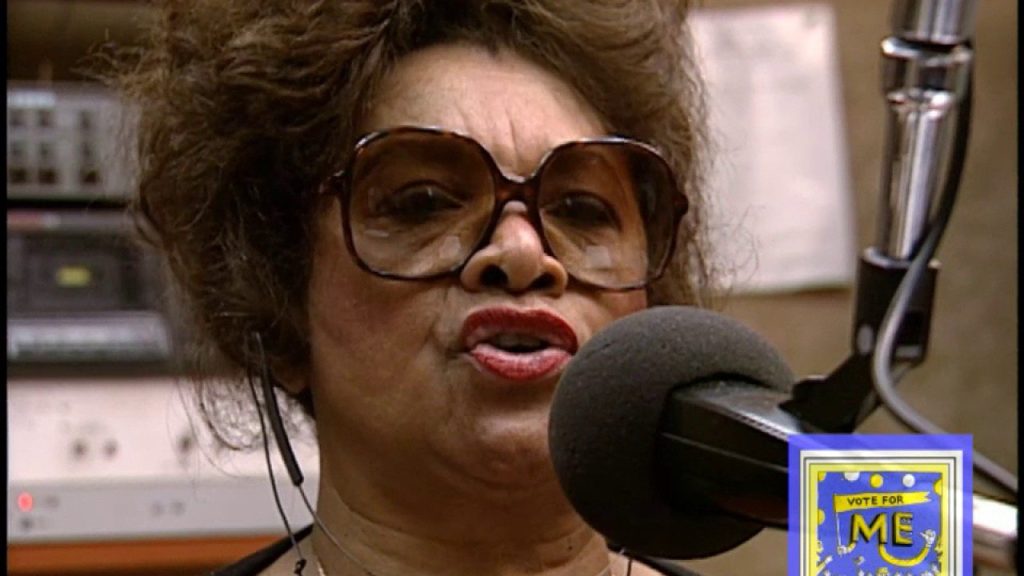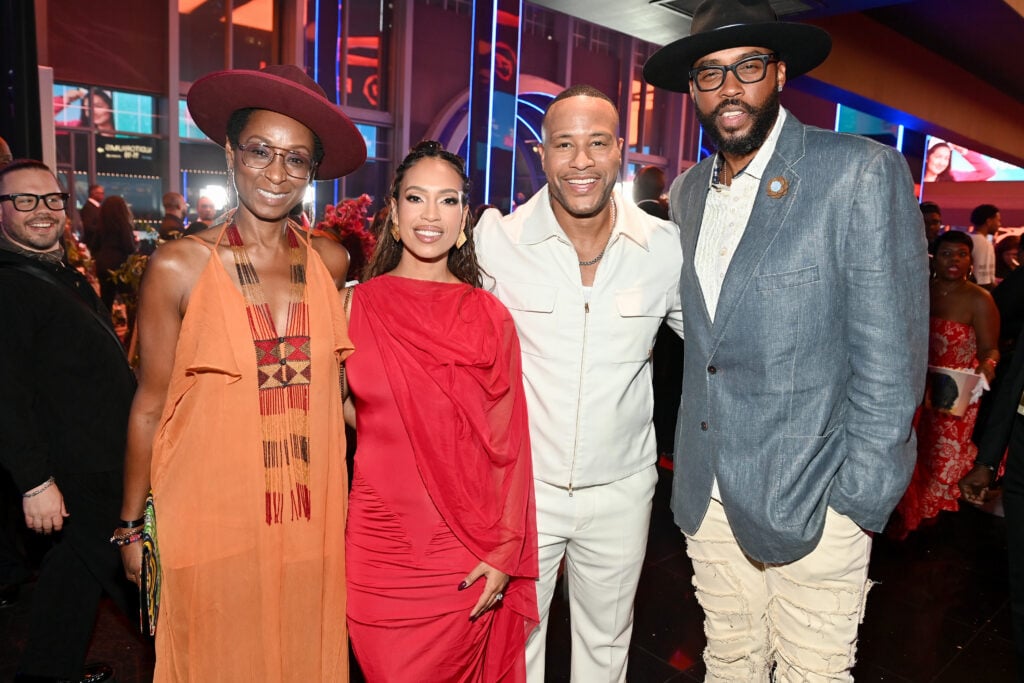Yusef Salaam, a member of the Central Park Five all of whom spent 6 to 12 years in prison after Salaam and the others including, Korey Wise, Kevin Richardson, Raymond Santana, and Antron McCray were accused of raping a white woman in Central Park in 1989.
They were innocent of the crime and later exonerated, but the situation forever changed their lives. Salaam, who served almost 7 years for the wrongful conviction, has been working with the Innocence Project, a program to help other wrongfully convicted prisoners, who are most likely like him and the Central Park Five, mostly black and brown.

African Americans and Latinos make up an exorbitant amount of the prison population in the US prison system in comparison to the general population. Many are poor and do not have adequate legal representation and rely on inexperienced attorneys who are at the start of establishing themselves in the system which more than often fails them.
While Salaam could have been bitter about the situation, he has gone on to help others by also being a motivational speaker, and he is currently running to represent Central Harlem on the New York City Council.
At the time of the situation, Trump made a staunch effort to convict the innocent teens n the court of public opinion, any beyond, by taking out a brutal full-page ad in the New York Times asking for their execution over 30 years ago. In the ad it stated: “I want to hate these murderers and I always will,” Trump wrote in his ad. “I am not looking to psychoanalyze or understand them, I am looking to punish them.”
Salaam’s recent ad was also taken out in the New York Times, and it’s an open letter to the former president targeting his recent arraignment on 34 felony counts. The felony counts related to hush money paid to a porn star named Stormy Daniels. The hush money was paid ahead of the 2016 election.
BLACK MAN, WRONGFULLY CONVICTED SERVES 30 YEARS IN PRISON BY ADMITTED RACIST PROSECUTOR
Youssef stated “Now, after several decades and an unfortunate and disastrous presidency, we all know exactly who Donald J. Trump is, a man who seeks to deny justice and fairness for others, while claiming only innocence for himself” Salaam’s ad also targets his run for city council instead of asking for harsh and wrongful punishment against Donald Trump.
.@dr_yusefsalaam, a member of the Exonerated Central Park Five, on turning the ad that Donald Trump created calling for his death and that of the others also erroneously accused, into a campaign ad for his current run for New York City Council. #TheReidOut pic.twitter.com/UIGVtr3anr
— The ReidOut (@thereidout) April 4, 2023
#PowerPost🙌🏻🙌🏼🙌🏽🙌🏾🙌🏿™️
— Yusef Abdus Salaam (@dr_yusefsalaam) April 5, 2023
Over 30 years ago, Donald Trump took out full page ads calling for my execution.
On the day he was arrested and arraigned, here is my ad in response. pic.twitter.com/nOYKkw1LD2





